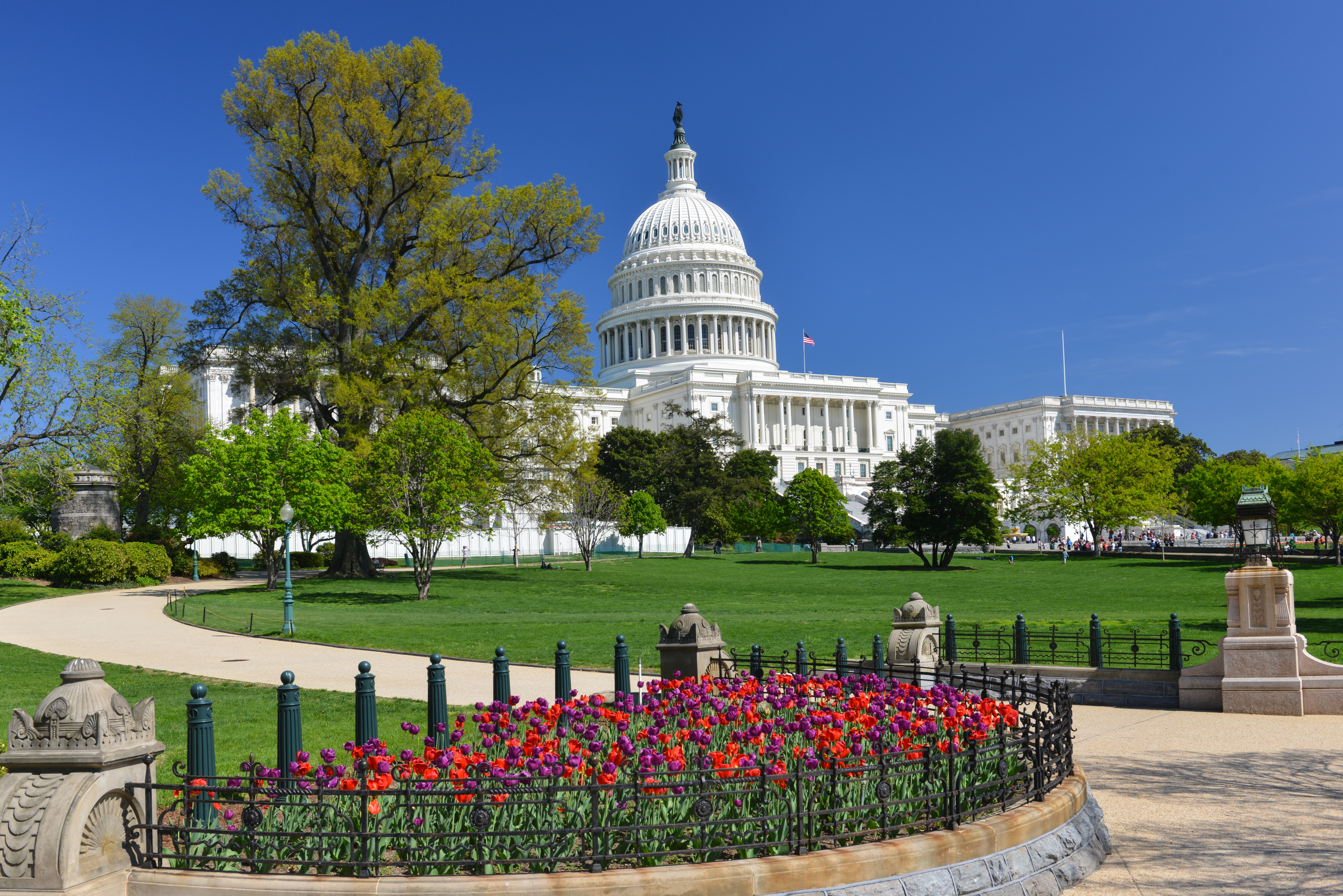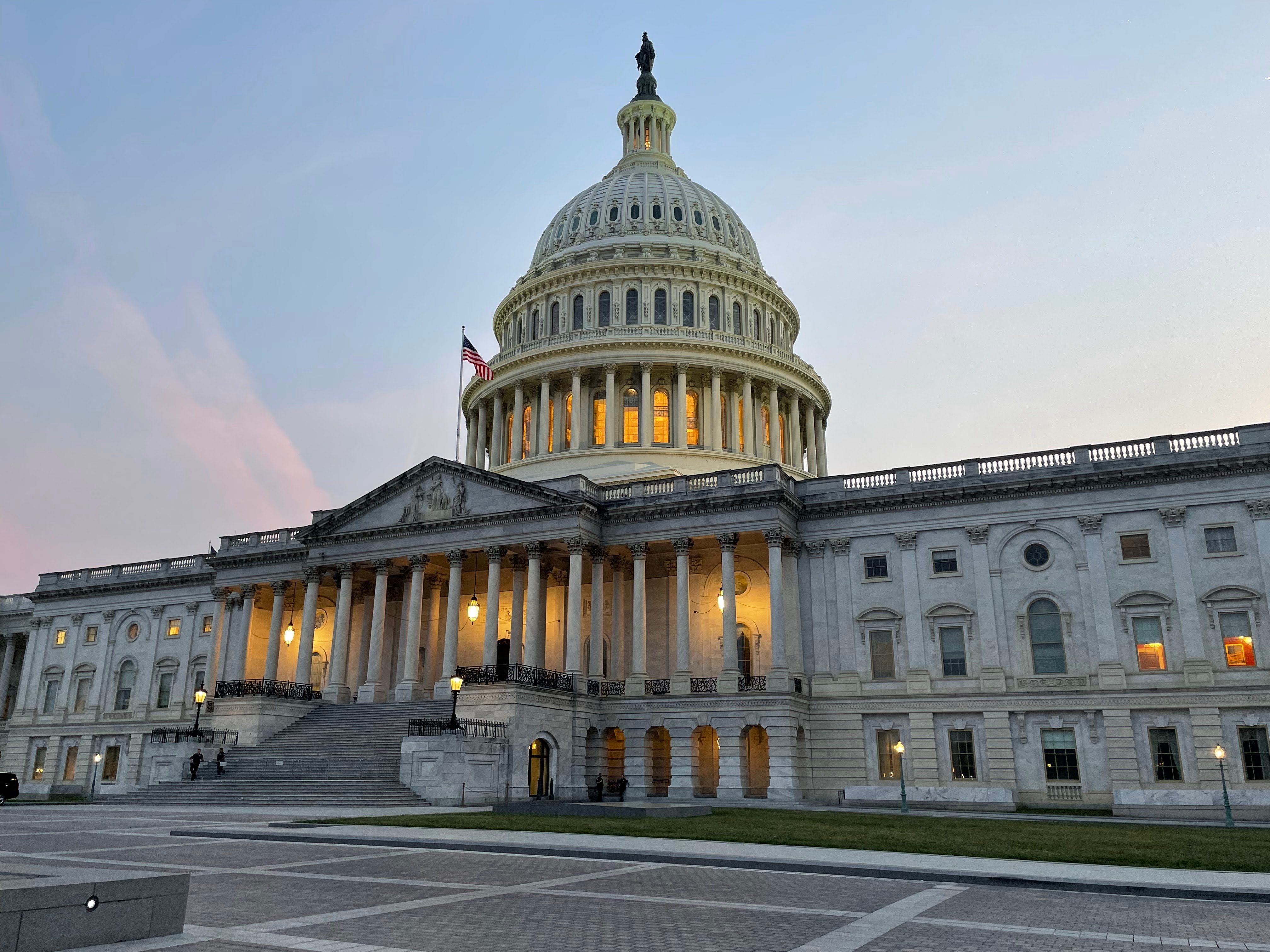Rep. Adrian Smith (R-NE) has introduced bipartisan legislation that would allow use of health savings account (HSA) funds to pay for in-home long-term care. The bill has 11 bipartisan cosponsors.
H.R.1795, the Homecare for Seniors Act, would explicitly permit HSA funds to be used to pay for qualified home care. Qualified home care is defined as a contract that obligates the service provider to provide care for three or more ADLs (activities of daily living), including assistance with eating, toileting, transferring, bathing, dressing, continence and/or medication adherence. The bill also would require the Department of Health and Human Services (HHS) to run a public education/awareness campaign to make it more widely known that in-home service expenses would be eligible for tax-free distributions from HSAs.
Under current law, HSA money can be used, tax-free, only for qualified medical expenses. H.R.1795 would expand the definition of qualified medical expenses to include in-home non-medical care involving assistance with activities of daily living.
Prospects: There will be a revenue cost to this bill (it has not yet been scored by the Joint Committee on Taxation, the official “scorekeeper” of all tax provisions). And the size of that score will have a significant impact on the bill’s chances. Currently, tax writers are looking at ways to make the 2017 tax cuts permanent—a costly process but are not looking at any new tax increases. Getting a new revenue-losing tax benefit enacted into law, no matter how widely supported, will be a heavy lift if Congressional scorekeepers project it would cause a significant revenue loss.
NAIFA Staff Contact: Jayne Fitzgerald – Director – Government Relations, at jfitzgerald@naifa.org.






.png?width=600&height=90&name=Support%20IFAPAC%20%20(600%20%C3%97%2090%20px).png)
